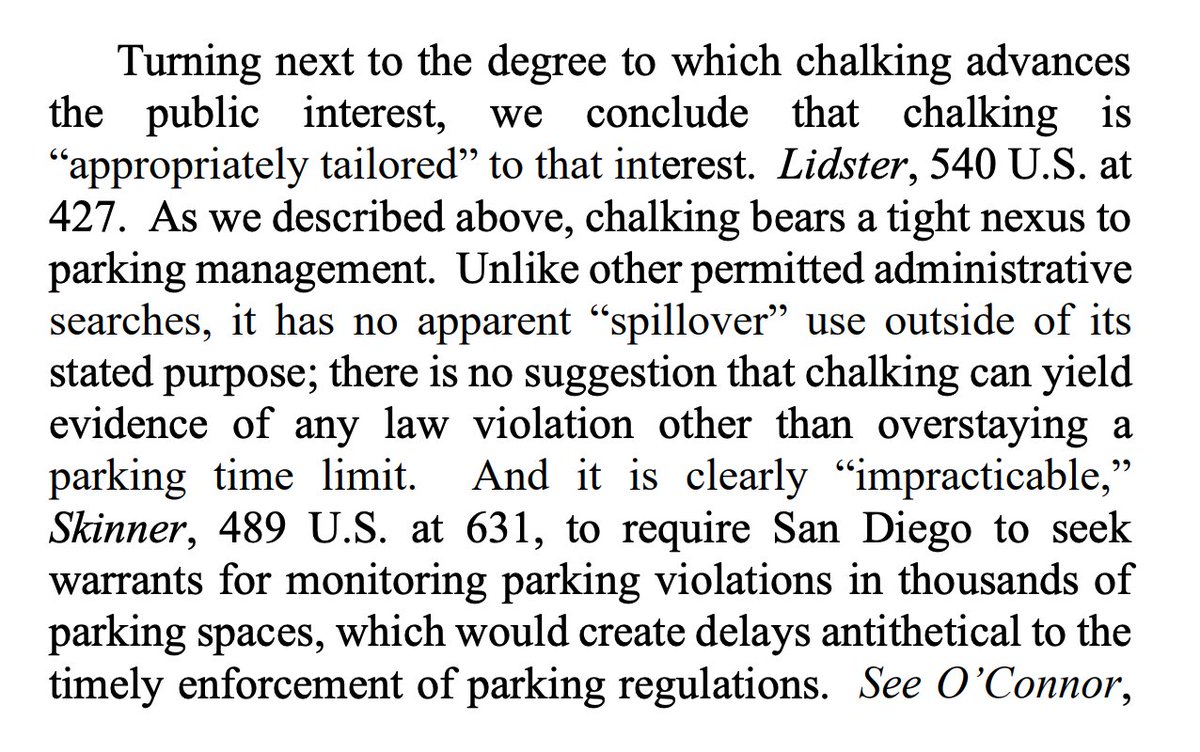
I've said it before, but I will say it again: I am not voting for Hunter Biden for President. He is not qualified, either professionally or personally. #neverhunterbiden
I know a lot of readers don't care about Hunter's problems, and say, hey, Hunter drives the GOP insane, which makes him awesome. But I disagree. The GOP is right to say Hunter is not qualified to be President. The country must come first.
I see I'm being ratioed for this, but let me dig in. Yes, I am not only saying you shouldn't vote for Hunter in the primary. You should not for him *even if he's your party's nominee.*
Listen, I hear those who say this is a Flight 93 election and that only Hunter can save the United States from certain and total destruction. I just disagree. That's my view, at least. /end
• • •
Missing some Tweet in this thread? You can try to
force a refresh












